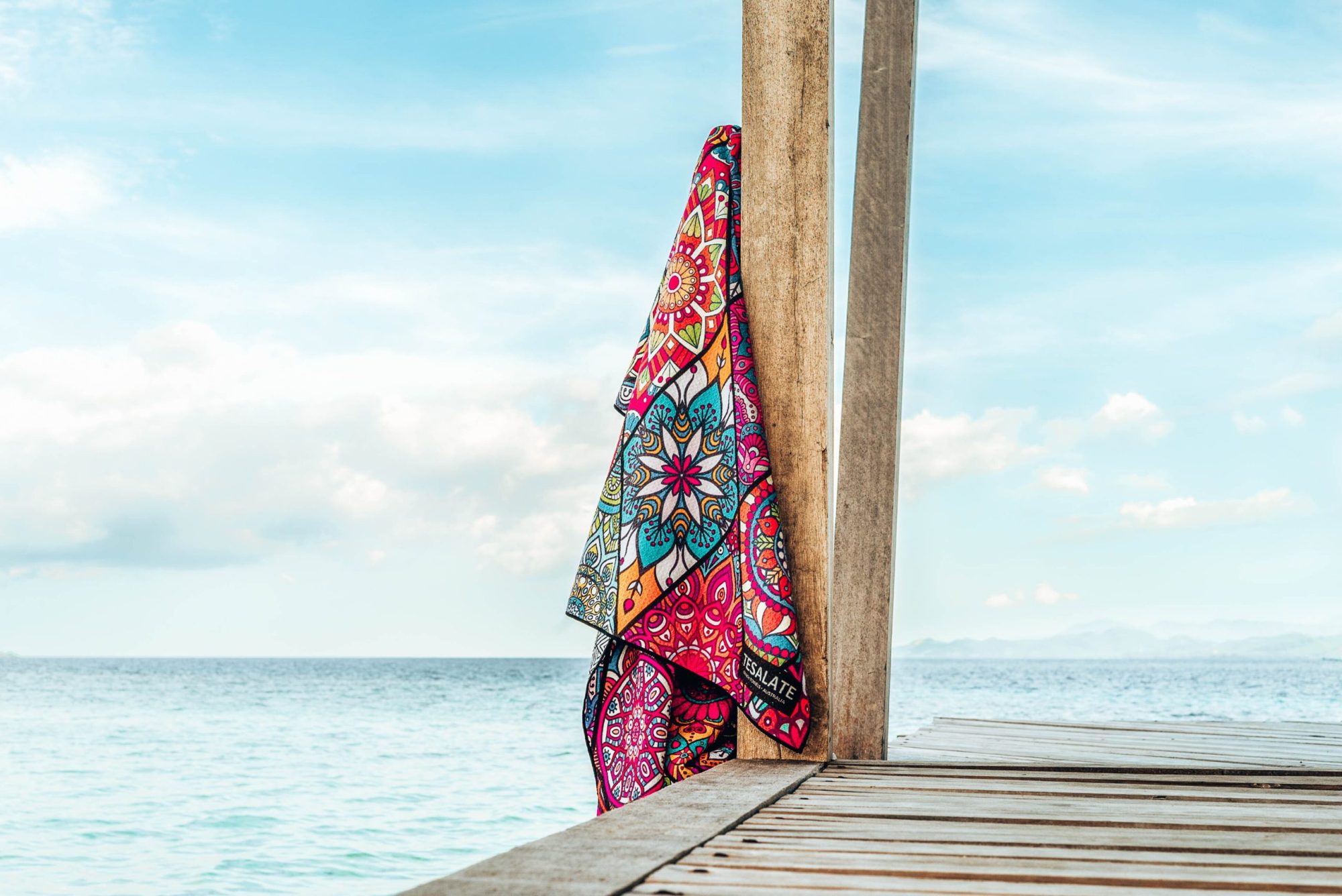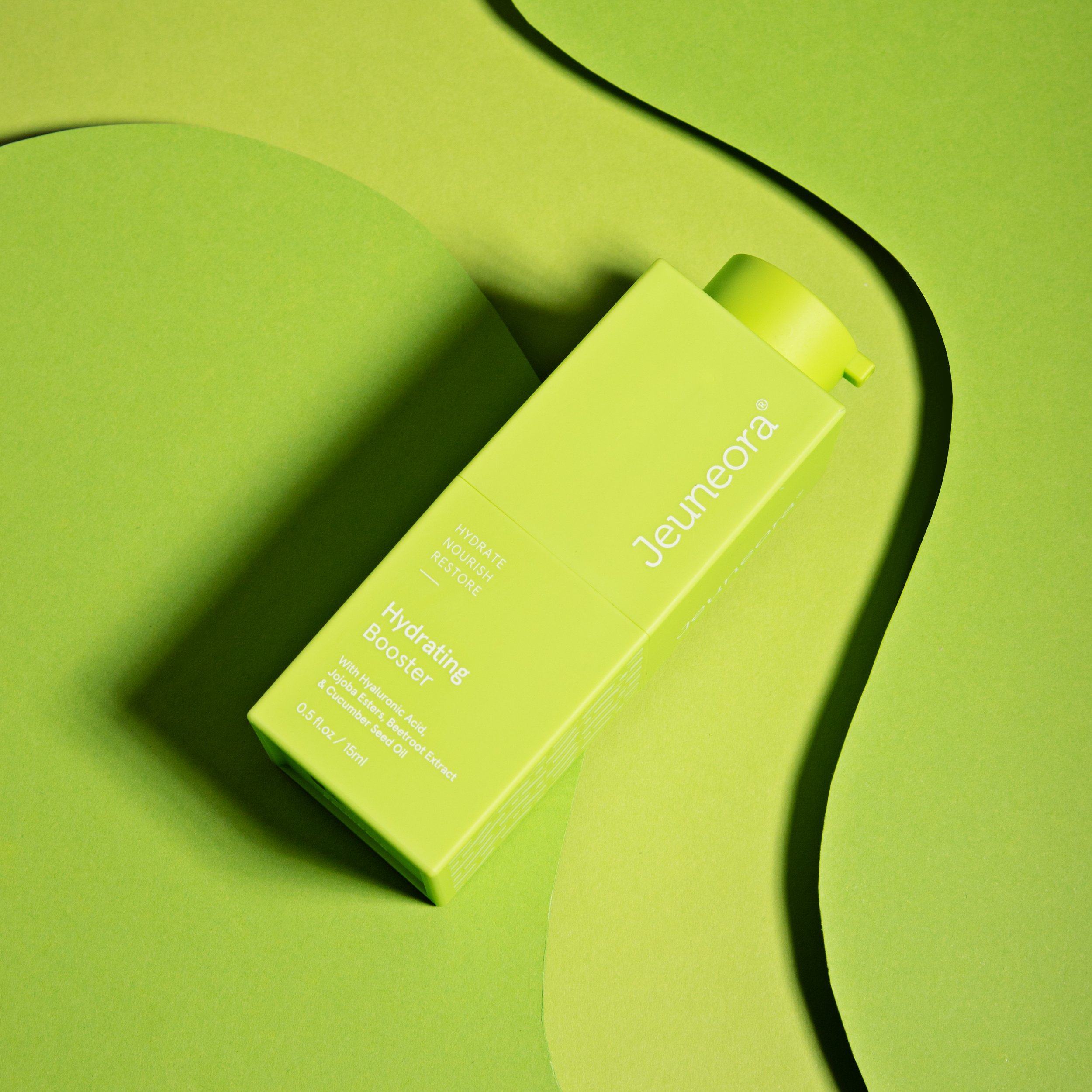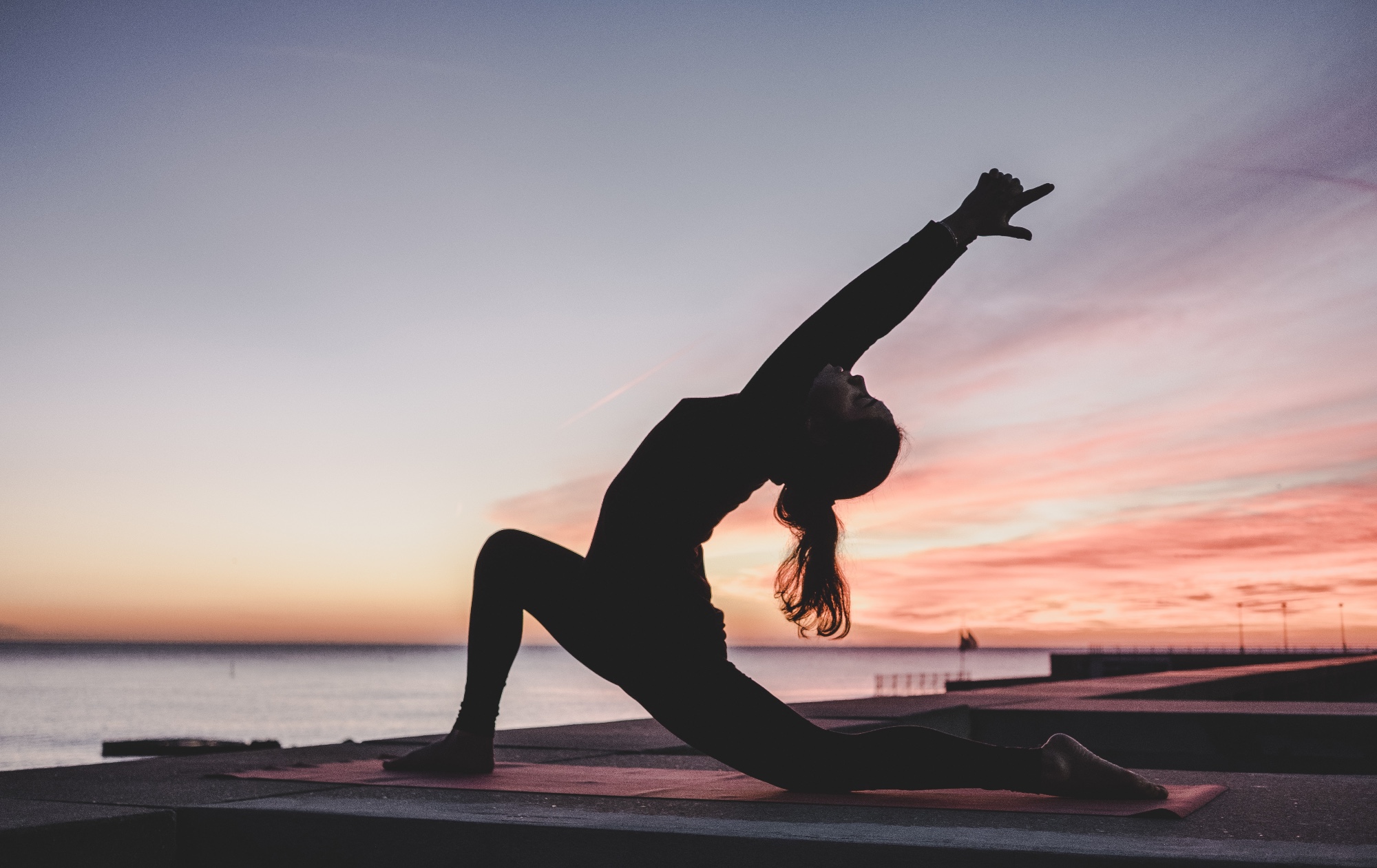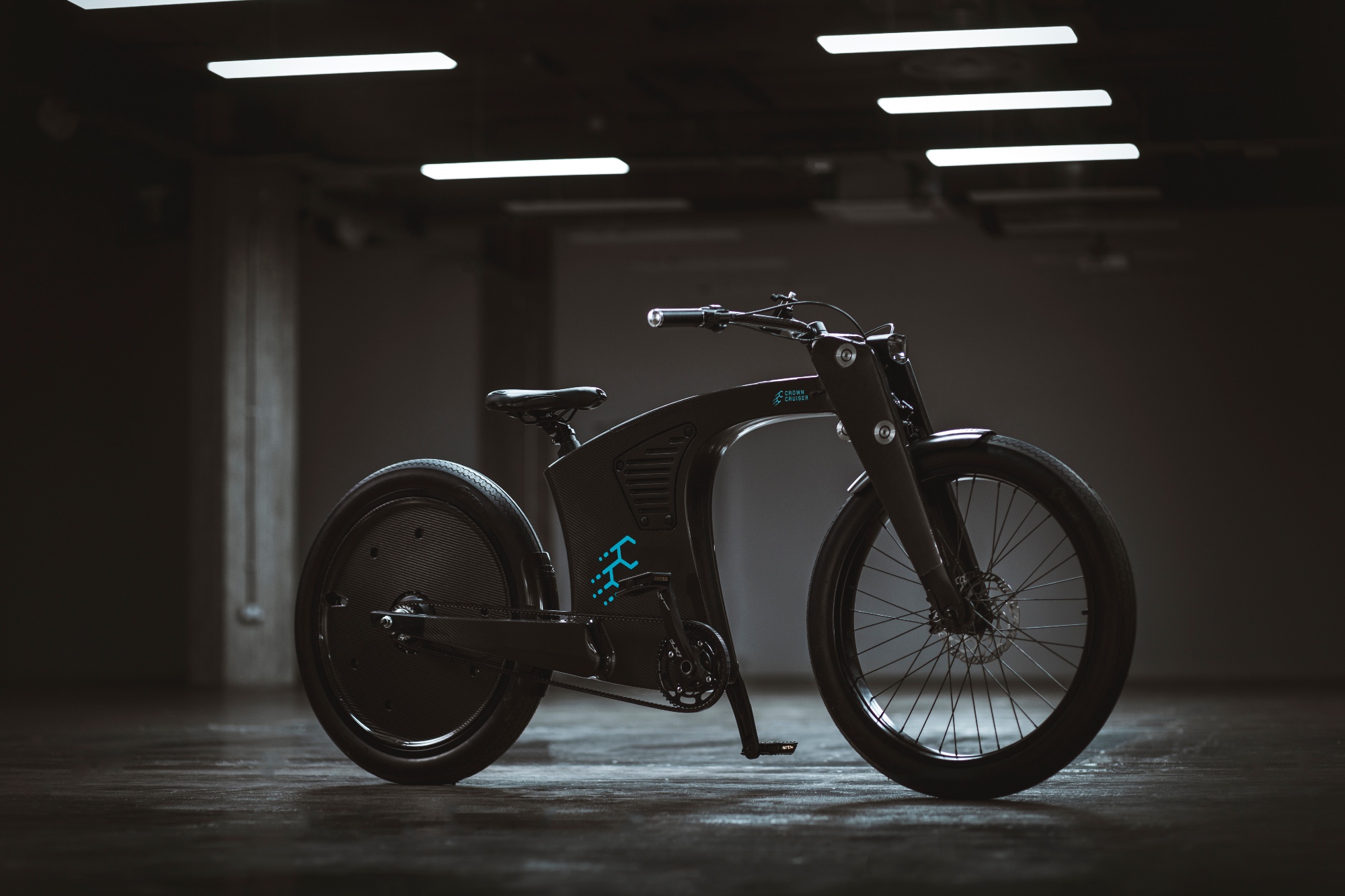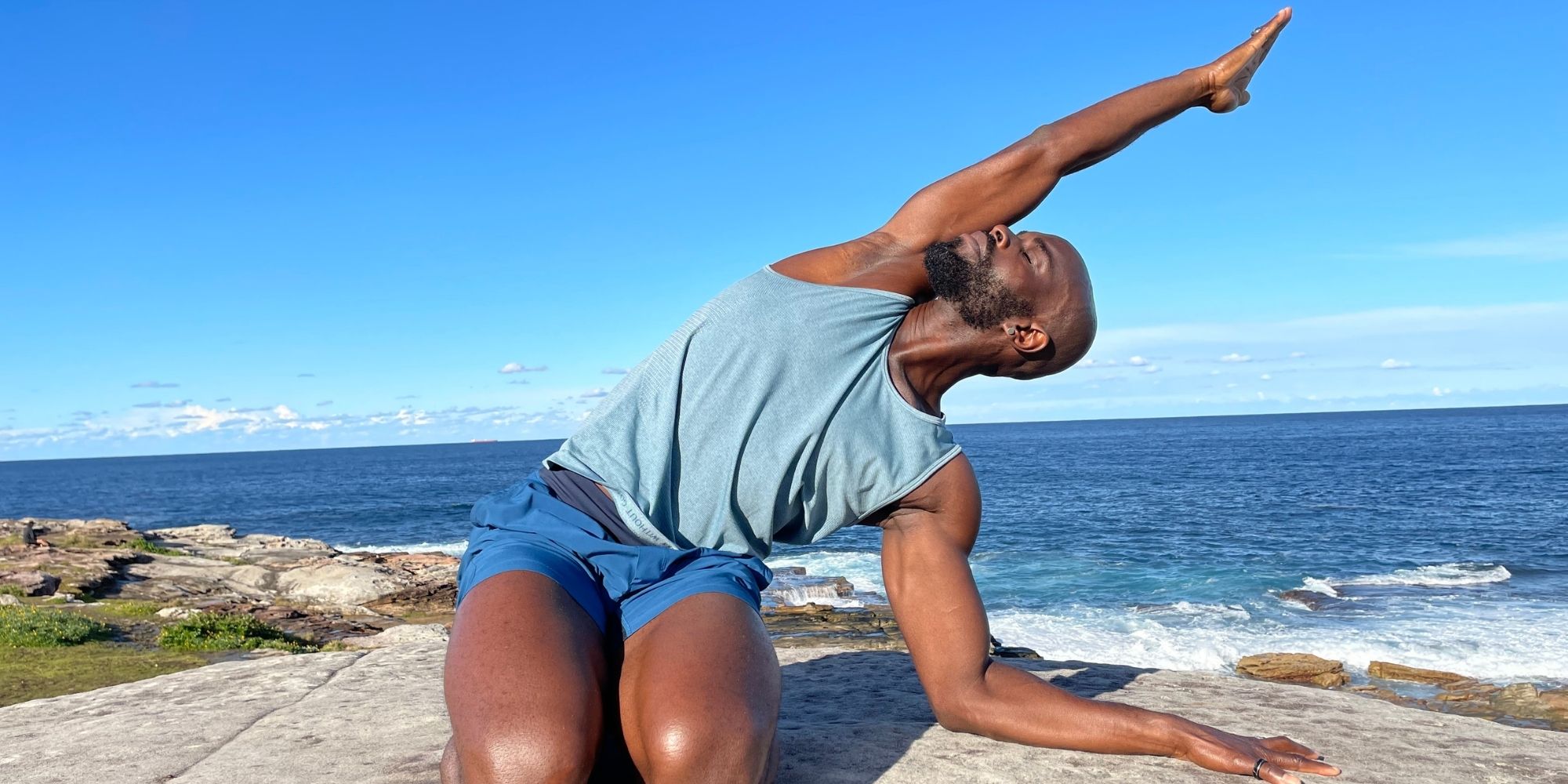Running is not as simple as lacing up your sneakers and heading out the door. Karl Lockett is a Sydney-based sports podiatrist and a leading heel pain specialist whose tips will put the fun back into your fun run.
With cities all over the country playing host to fun runs and events like Running Scared, Bay Run and City 2 Surf, spring and summer is a time where active Australians are getting outdoors to exercise and enjoy the weather. Every year, hundreds of thousands expose themselves to foot related injuries due to lack of preparation prior to running. An estimated 1 in 10 people will develop Plantar Fasciitis or heel pain during their lifetime as well as shin splints.
Karl says, “At least half a million Australians experience foot pain of varying degrees of severity at one time or another in their lives. Often, it is brought on by a “too hard too soon” approach to exercise, such as with running. However, pain and injury can be avoided with some precautionary measures – recreational runners don’t always have the information they need when they start training.”
If you’re looking to do a fun run or marathon this season be sure to take note of Karl Lockett’s top tips for preventing injury.
- Be familiar with your feet before you buy your runners. Knowing your individual foot structure such as how flat your feet are, pronation and where your shoes are most likely to wear is essential to finding the right shoe. With so many options on available, seek to buy shoes that are the best fit for your foot type. Seek help from an expert if in doubt.
- Always warm up and cool down – and keep up with the calf stretches. Stretching your calves on each leg for at least 30 seconds, three times per leg, three times a day will warm them up properly to enable you to tackle your workout especially if you are running hills or inclines.
- Start slow – focus on the basics such as good running technique and correct gait before you move onto running great distances or increase the frequency. A heavy heel strike will cause rapid pronation which makes the shin muscle work hard due to the strain. Avoid this by shortening the stride and land with a flat midfoot landing. Give your body time to adjust.
- Get plenty of rest and eat properly. Sustain your calf stretches even on off days and reduce any inflammation with a cool pack, fluids and healthy foods. Nutrient dense food such as blueberries have been found to reduce delayed onset muscle soreness.
For more information and tips on how to prevent foot pain, visit Karl’s website.



